|
I love hearing all the wonderful testimonials my customers and especially new customers give- a few have made it to the website, and there are so many more to come. It makes all the struggles of being an entrepreneur so so worth it! Some of my customers even learn about their own health, which benefits them too! Without health we truly have nothing! What is the point of having a million dollars in the bank if you can’t even enjoy it?
So, this is why I do what I do, and if you think about it, whenever we do anything in life with both love and passion, it can’t help but grow and shine. Do what you do because you love it- and you never have to feel like you work a day in your life! "What is done in love is done well." -Vincent Van Gogh
0 Comments
The information in this blog is presented by Dr. W. Jean Dodds, DVM, (Canine Nutrigenomics) on Angiogenesis, if your pet has cancer please seek veterinarian guidance. Angiogenesis is the process through which new blood vessels form from pre-existing vessels (Mercola, 2012). Creating new blood vessels serves important functions; two examples are during pregnancy to form the placenta or under a scab to facilitate wound healing. In these instances, the body releases special proteins that stimulate angiogenesis. But once these newly formed vessels have done their job (i.e., the baby is born or the wound heals), the body returns them to their previous level by releasing substances that inhibit angiogenesis, called antiangiogenic substances. Scientists have discovered that when the process of angiogenesis is out of balance creating either too few or too many blood vessels, a variety of diseases can occur. For example, if your body cant produce enough blood vessels when you’ve been cut, the wound won’t heal properly. Too few blood vessels can also lead to poor circulations and diseases such as coronary artery disease and stroke. Too many blood vessels, on the other hand, cause a different type of problem, leading to diseases such as obesity, arthritis and cancer. Angiogenesis, or the growth of too many blood vessels is related to every type of cancer (Li, 2010). Just as a person cannot grow and flourish without oxygen and nutrition, neither can cancer cells. So, where do they get their nutrition? It is delivered by the blood vessels, cancerous tumors would not be able to grow beyond the size of the tip of a ballpoint pen! This means that by blocking angiogenesis, we can literally “starve” tumor cells of the nutrients they need to grow and turn dangerous (Li,2010). The problem is that cancer cells can actually release factors that turn on angiogenesis, providing themselves with the nutrition they need to thrive. The blood vessels formed during angiogenesis also create a “superhighway” for the cancer cells to enter into the bloodstream, enabling them to metastasize (Li, 2010). The promising news is that certain drugs and dietary ingredients are antiangiogenic, meaning that they block angiogenesis and cut off the supply of nutrients to the cancer cells. Antiangiogenic therapies have been used to treat various types of cancers, including mast cell tumors, in more than 600 dogs, with an overall 60% response rate (Li, 2010). Interestingly, researchers have found that nutritional ingredients were in many cases as successful as-or even more successful than-drugs to reduce angiogenesis (Li, 2010). Here are a few “dog approved” antiangiogenic foods to add to your canine companion’s anti-cancer diet:
Other antiangiogenic foods exist that are not safe for dogs (e.g., grapes. nutmeg and dark chocolate) and so we have not included them here; but you can certainly feel free to take advantage of their cancer-protective effects! And since fat tissue is dependent upon angiogenesis, feeding antiangiogenic foods will also help keep your dog at a healthy weight- which is essential to fighting cancer and all disease (Li, 2010). *For sources of quality antiangiogenic food/ supplements please contact us and we will help pick the right ones for your pet.* |
AuthorLucy is an avid pet mom; with dogs, cats, goats and horses to keep her busy! All of her pet 'kids' are fed a species appropriate diet with proper supplementation so she can watch them thrive. Her expertise and experience lie in nutraceutical supplementation and is a health advocate for proper diet and nutrition. Her other passions in life are schutzhund and equestrian riding. Archives
July 2024
Categories |

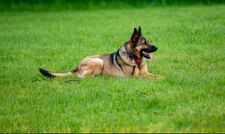
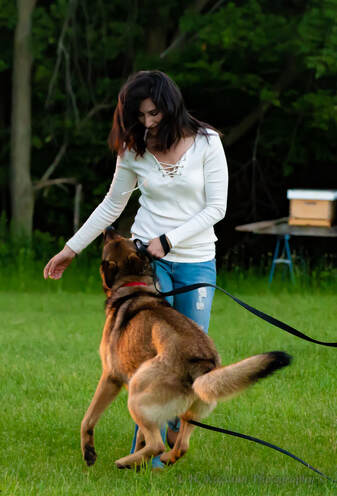
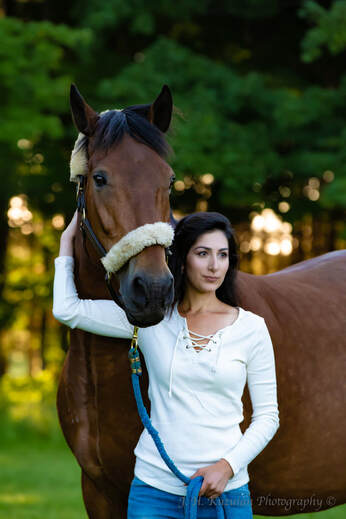
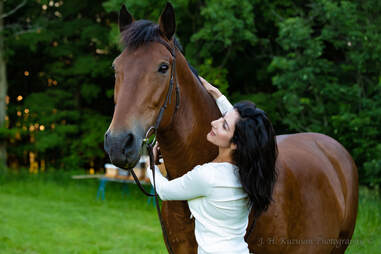
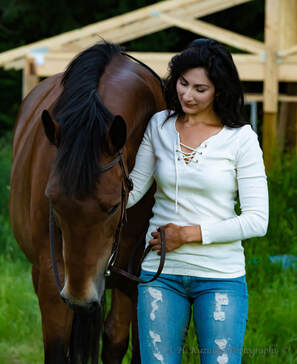
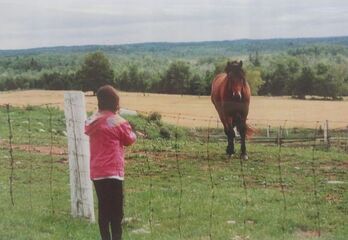
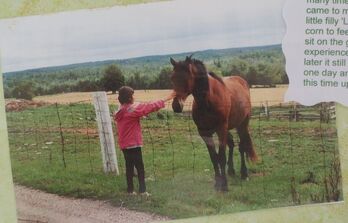
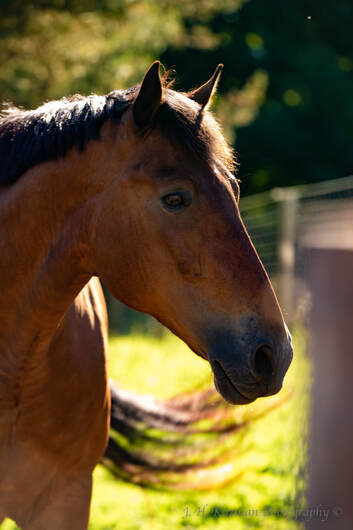

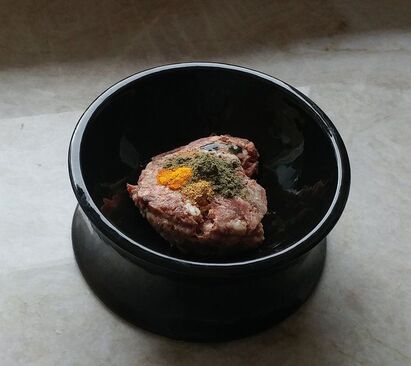
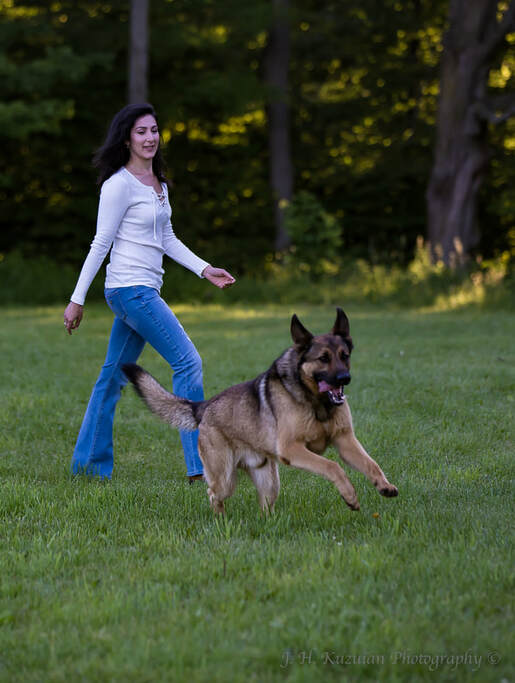
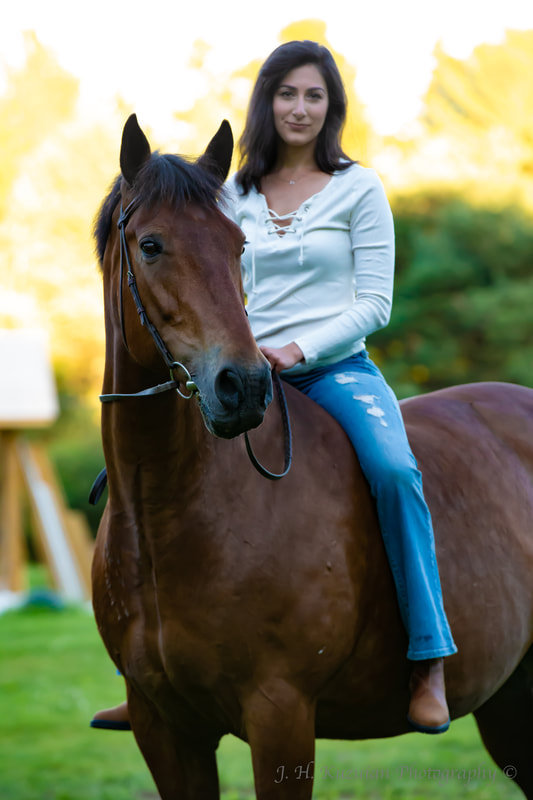
 RSS Feed
RSS Feed